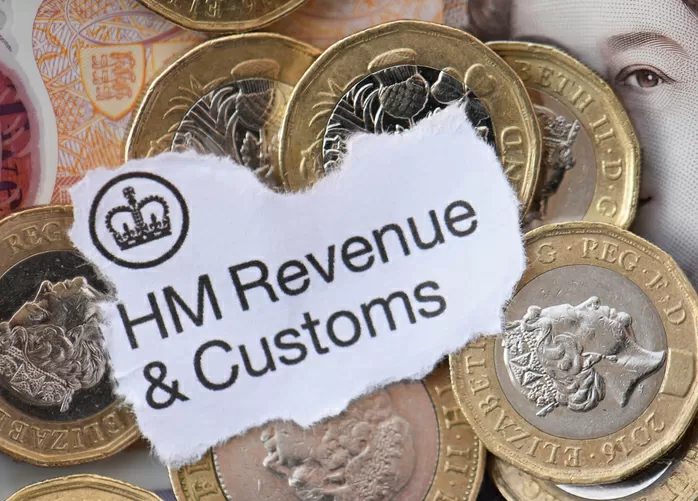As a small business owner in the UK, one of the biggest challenges you may face is managing your taxes. With constantly changing tax laws and regulations, it can be easy to overpay on your taxes and end up waiting for a refund from HMRC. This can not only be frustrating, but it can also put a strain on your business’s cash flow. However, with the right strategies in place, you can avoid overpaying on tax and keep your business finances in check. In this article, we will discuss three effective strategies to help you avoid overpaying on tax and ensure that you are not left out of pocket waiting for a refund from HMRC.
1. Keep Accurate Records
The first and most crucial step in avoiding overpaying on tax is to keep accurate records of all your business transactions. This includes keeping track of your income, expenses, and any tax deductions you may be eligible for. By maintaining detailed and organized records, you can easily identify any errors or discrepancies in your tax calculations and rectify them before filing your tax return. This will not only help you avoid overpaying on tax but also save you time and stress in the long run.
In addition to keeping accurate records, it is also essential to stay up-to-date with the latest tax laws and regulations. As a small business owner, it can be challenging to keep track of all the changes, but it is crucial to ensure that you are claiming all the deductions and credits you are entitled to. Consider consulting with a tax professional or attending tax seminars to stay informed and make the most of your tax savings.
2. Take Advantage of Tax Deductions and Credits
As a small business owner, you are entitled to various tax deductions and credits that can significantly reduce your tax liability. However, many small business owners are not aware of all the deductions and credits available to them, resulting in overpaying on tax. Some common deductions and credits that small business owners can claim include business expenses, home office deductions, and research and development tax credits.
To avoid overpaying on tax, it is crucial to understand which deductions and credits apply to your business and ensure that you are claiming them correctly. Again, consulting with a tax professional can be beneficial in identifying all the deductions and credits you are eligible for and maximizing your tax savings.
3. Plan Ahead and File Your Taxes on Time
One of the most effective ways to avoid overpaying on tax is to plan ahead and file your taxes on time. By planning ahead, you can take advantage of tax planning strategies that can help reduce your tax liability. For example, you can defer income or accelerate expenses to lower your taxable income for the current year. Additionally, filing your taxes on time can help you avoid penalties and interest charges, which can add up and increase your tax bill.
It is also essential to keep in mind that HMRC can take several weeks or even months to process tax refunds. Therefore, it is crucial to file your taxes early to avoid any delays in receiving your refund. By planning ahead and filing your taxes on time, you can avoid overpaying on tax and ensure that you have the necessary funds to keep your business running smoothly.
In conclusion, as a small business owner, it is essential to be proactive in managing your taxes to avoid overpaying and waiting for a refund from HMRC. By keeping accurate records, taking advantage of tax deductions and credits, and planning ahead, you can minimize your tax liability and keep your business finances in check. Remember to stay informed about the latest tax laws and regulations and consult with a tax professional if needed. By following these strategies, you can ensure that your business stays financially healthy and thriving.

